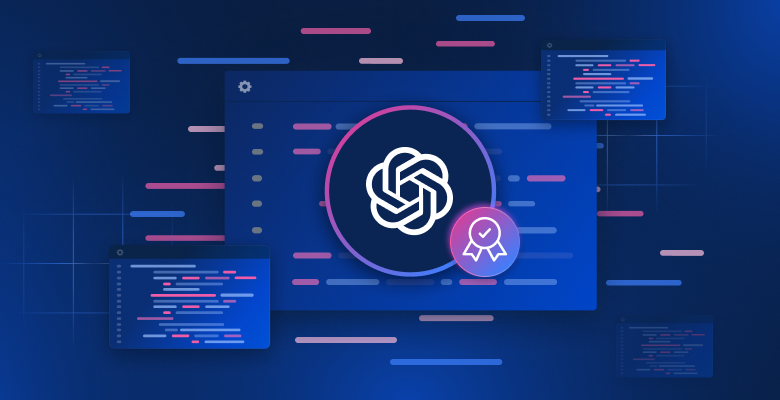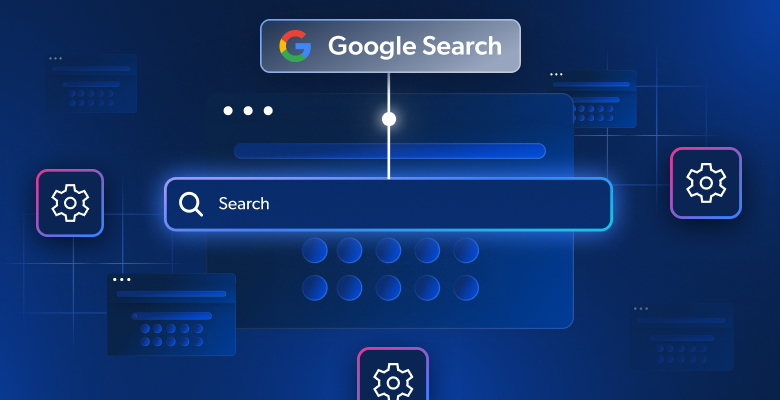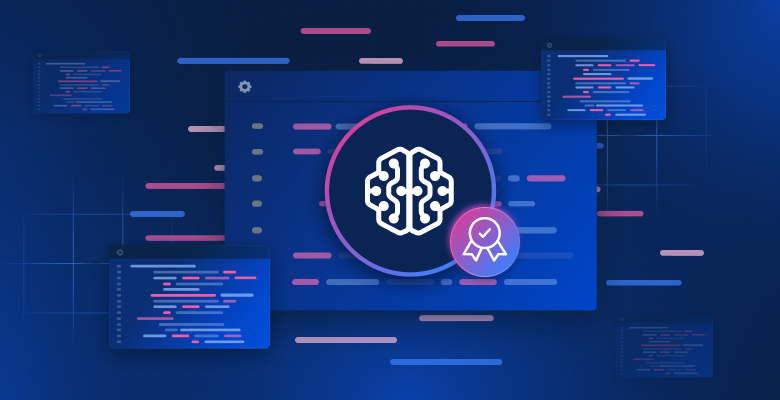In this article we will discuss:
- Crawlers scanning search engines is brilliantly “meta”
- The search engine data sets powering market dominance:
- Business intelligence-powered search signal analysis
- Return on Investment (ROI) – driven insights for SEO projects
- Machine Learning (ML) marketing, advertising and lead generation
Crawlers scanning search engines is brilliantly “meta”
Search engines are built on the concept of crawlers that are constantly building webs so that they can review, log, and rank websites, images, pricing, as well as other forms of web content. Search Engine Crawler enables businesses to gain access to real user search results, for any keyword, and on every search engine. This empowers businesses to scan for things like consumer trends, as well as competitor activity (both organic, and paid), turning ‘search enablers’ into the ‘search’, and ‘discovery’ subjects, in, and of themselves.
The search engine data sets powering market dominance
Business intelligence-powered search signal analysis
Companies in the digital commerce space, as well as service providers, understand that buyer journeys originate on search engines which is why they are collecting search signals in order to identify real-time trends. This includes the following data sets:
- Long, and short tail keyword analysis that include high intent purchase words such as ‘buy’, ‘purchase’, ‘paid solution’, ‘best way to solve..’, ‘top solution for’, etc
- Collecting pricing, reviews, and seller rankings from Google shopping, Yahoo shopping, as well as other search engines that have built-in marketplaces.
- Collecting location data from search engine maps in order to understand which bricks, and mortar locations customers prefer serving as an indication for better placing of warehouses, and distribution facilities.
Additional business intelligence use cases include performing market and corporate research:
- Gathering corporate data: location, number of employees, revenue, stock price, internal contacts, and relevant articles.
- Discovering competitive advertising, and targeting strategies to inform your own market strategy and offering.
Return on Investment (ROI) – driven insights for SEO projects
Digital-first businesses know that “95% of web traffic goes to sites that appear on the 1st page of Search Engine Results Pages (SERPs)”
[Source: Brafton study]
That is why companies are performing Search Engine Optimization (SEO) projects in order to drive traffic, conversions, and ROI (by association). This includes:
- Building an SEO strategy that drives search engine traffic
- Understanding SERP ranking trends that are then used to inform web-page SEO optimization
- Targeting, and learning from competitor ranking techniques
Data sets in this context include:
- Collecting information on competitor content such as blogs, vlogs, and ads that rank high for keywords companies are targeting that also have high Click-through Rates (CTRs).
- Scanning competitor product pages, listings, and any other outlets being ranked in search and enabling them to connect with target audiences. Once keywords, subject clusters, and special product offers are identified, concrete actions can be taken to compete.
Machine Learning (ML) marketing, advertising and lead generation
Digital marketing agencies, as well as in-house marketing departments, are bringing in new clients to their respective businesses using search engine data-driven tools. They are leveraging these insights in order to:
- Implement Machine Learning (ML) in advertising
- Develop new digital strategies
- Checking/validating ad positioning on different search engines like Google, Yandex, and Bing, based on consumer demand
- Generate online and offline sales using advertising on social networks, SERPs, as well as other contexts
Other advertising intelligence use cases include helping companies track ad campaigns via SERP:
- Digital ad placements, and ad compliance monitoring, and performing ad verification so that companies can be certain that their ads are displaying the correct visuals and keywords for specific geo-targets
- Verifying backlinks, affiliate links, redirects, as well as correct usage of language
- Keeping track of app promotions utilizing carrier, and mobile network targeting
The bottom line
The beautiful irony of crawling search engines is that it is currently generating quantifiable results for firms that understand the importance of dominating their digital space. When you realize that the majority of humanity is looking for a solution to a problem by just ‘Googling it’ you start to understand the importance of being on top of your game regarding, both consumer and competitor real-time search trends.
Sign up to Bright Data and start your free SERP Scraping API trial.







